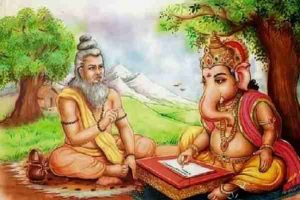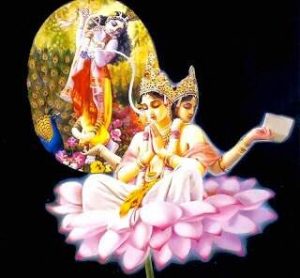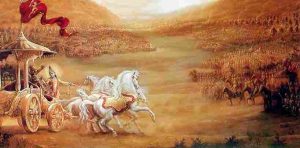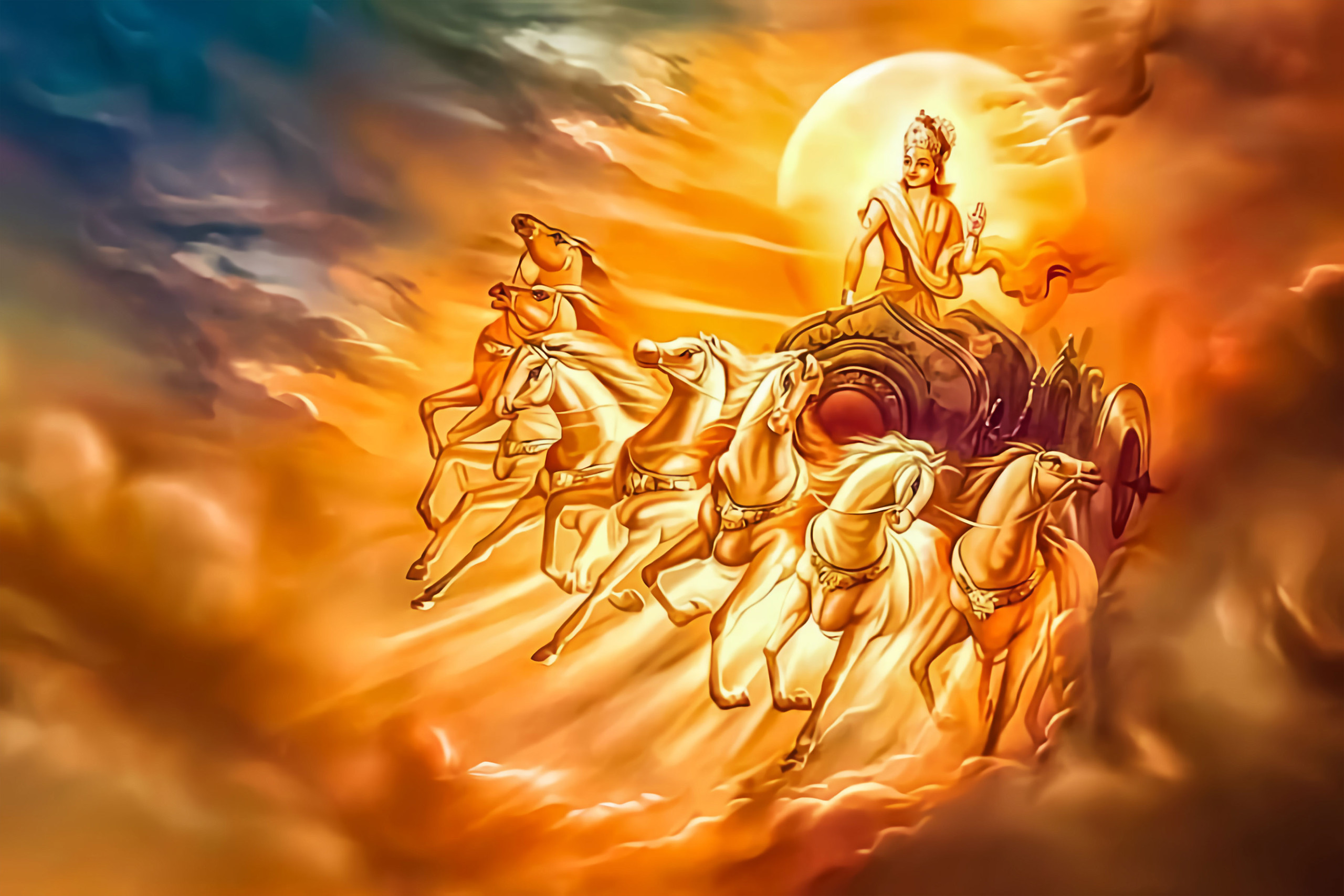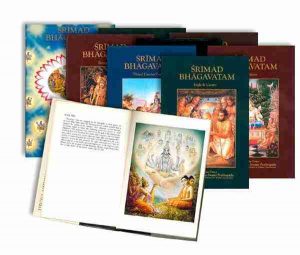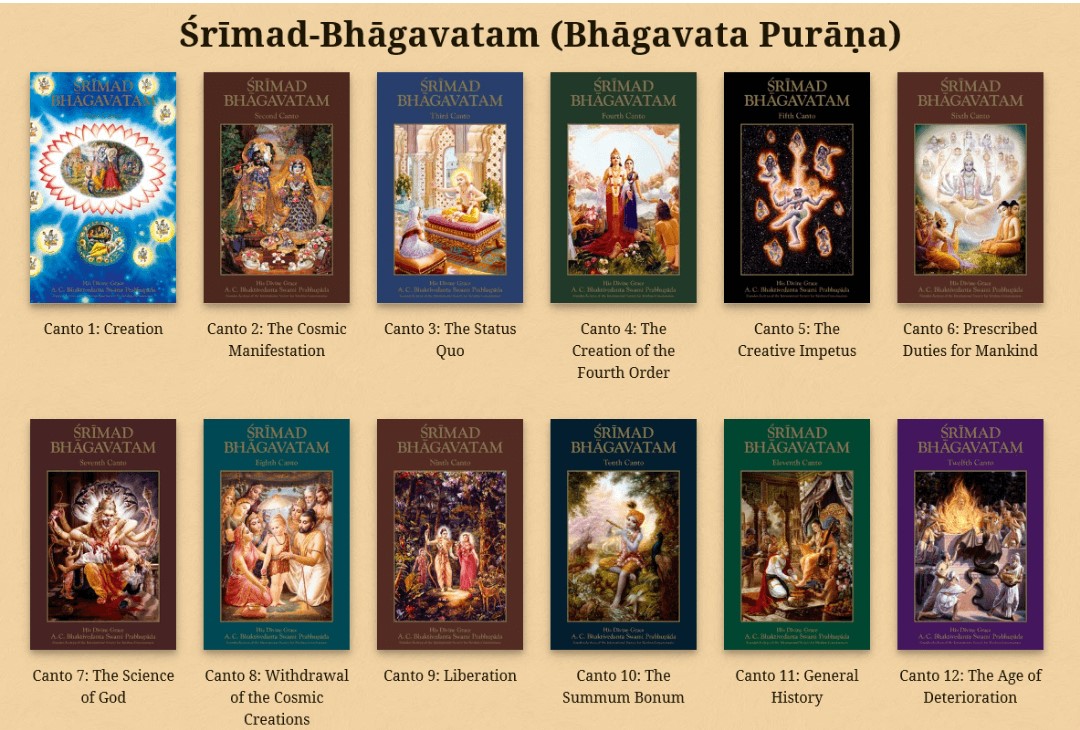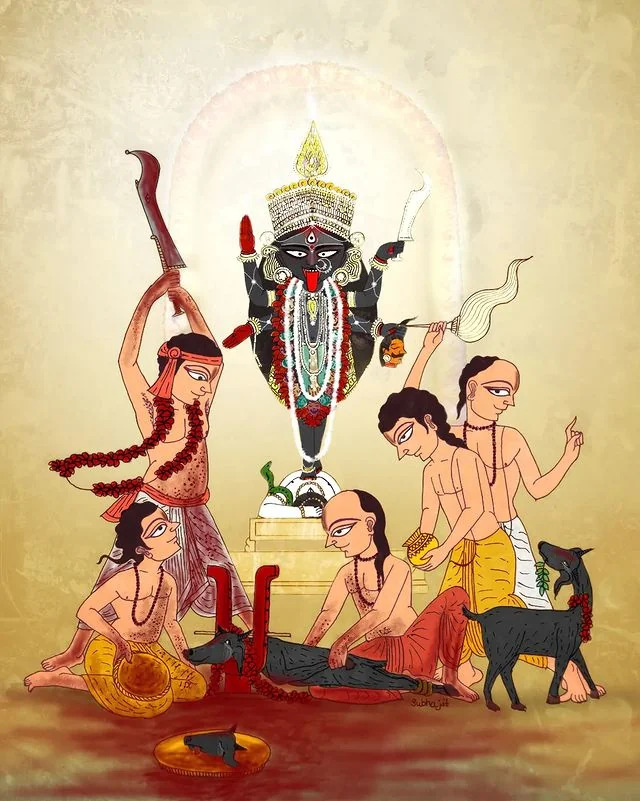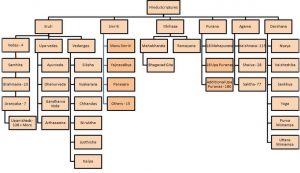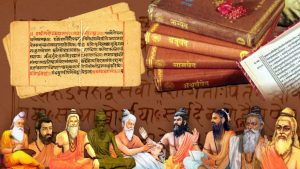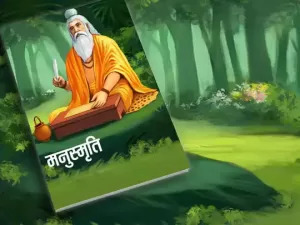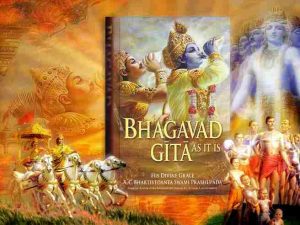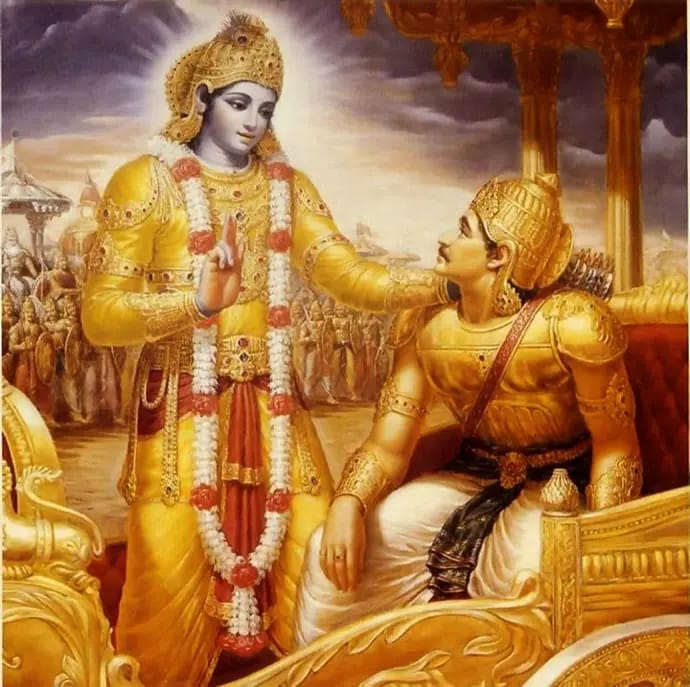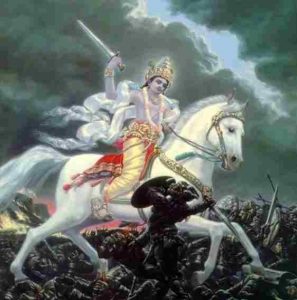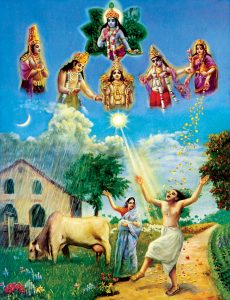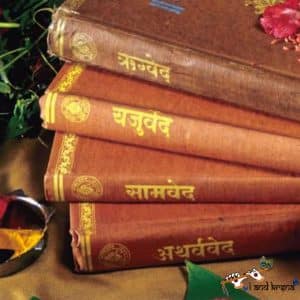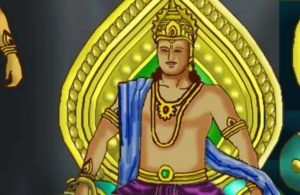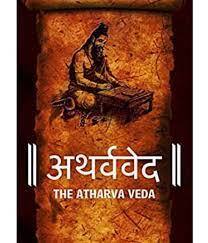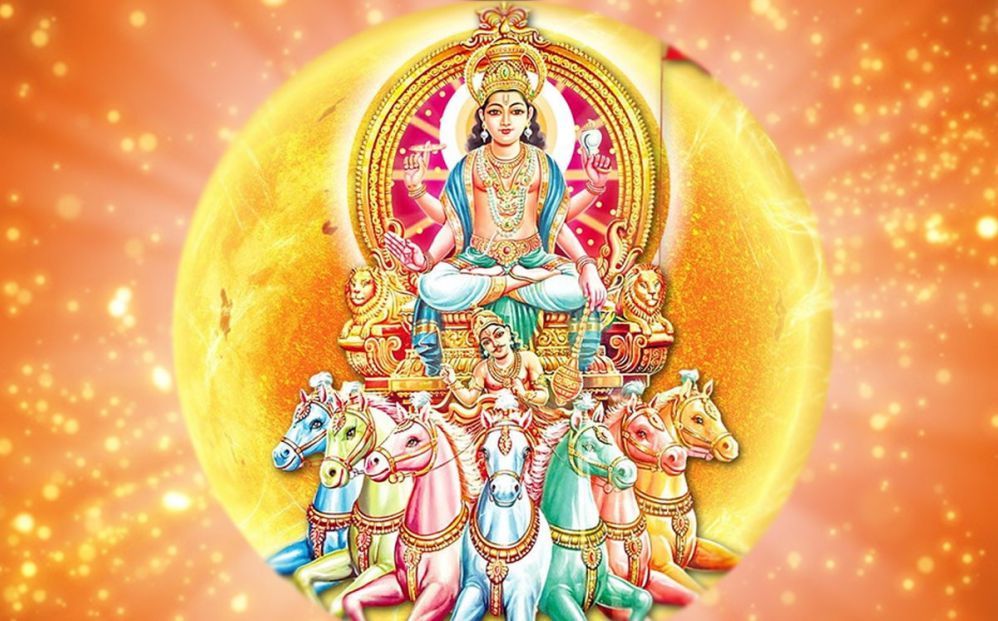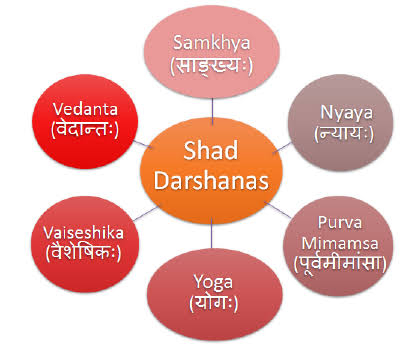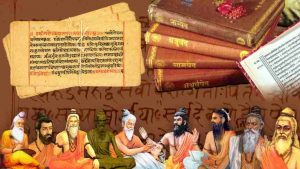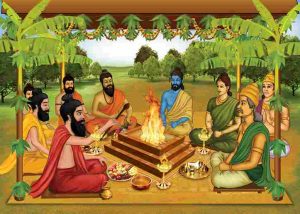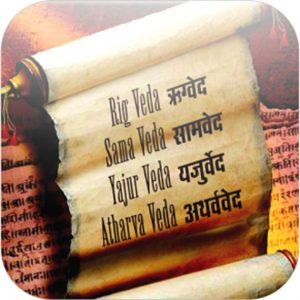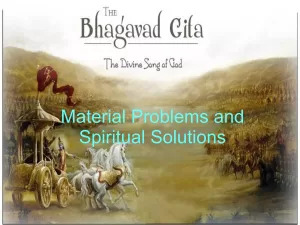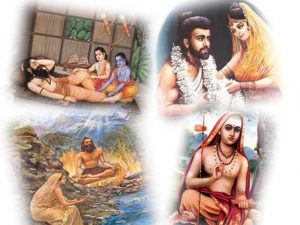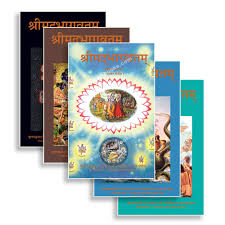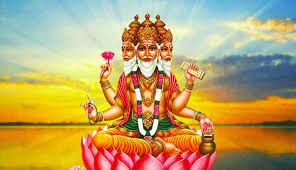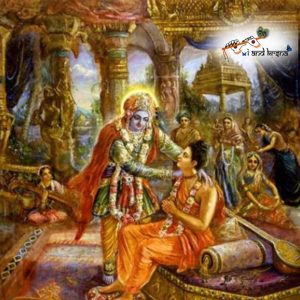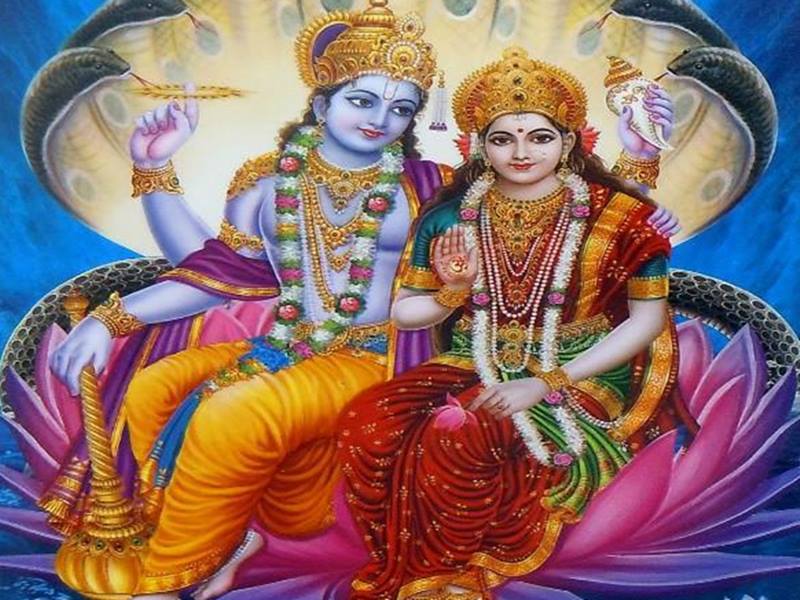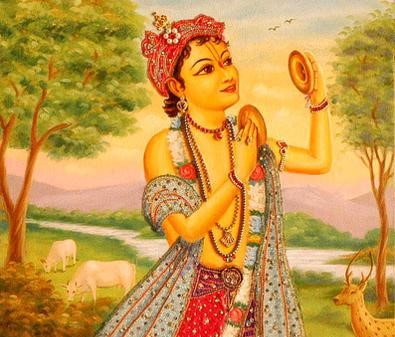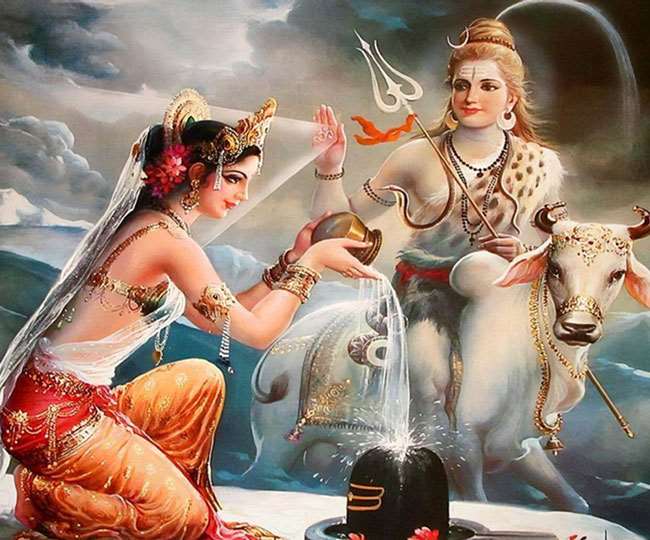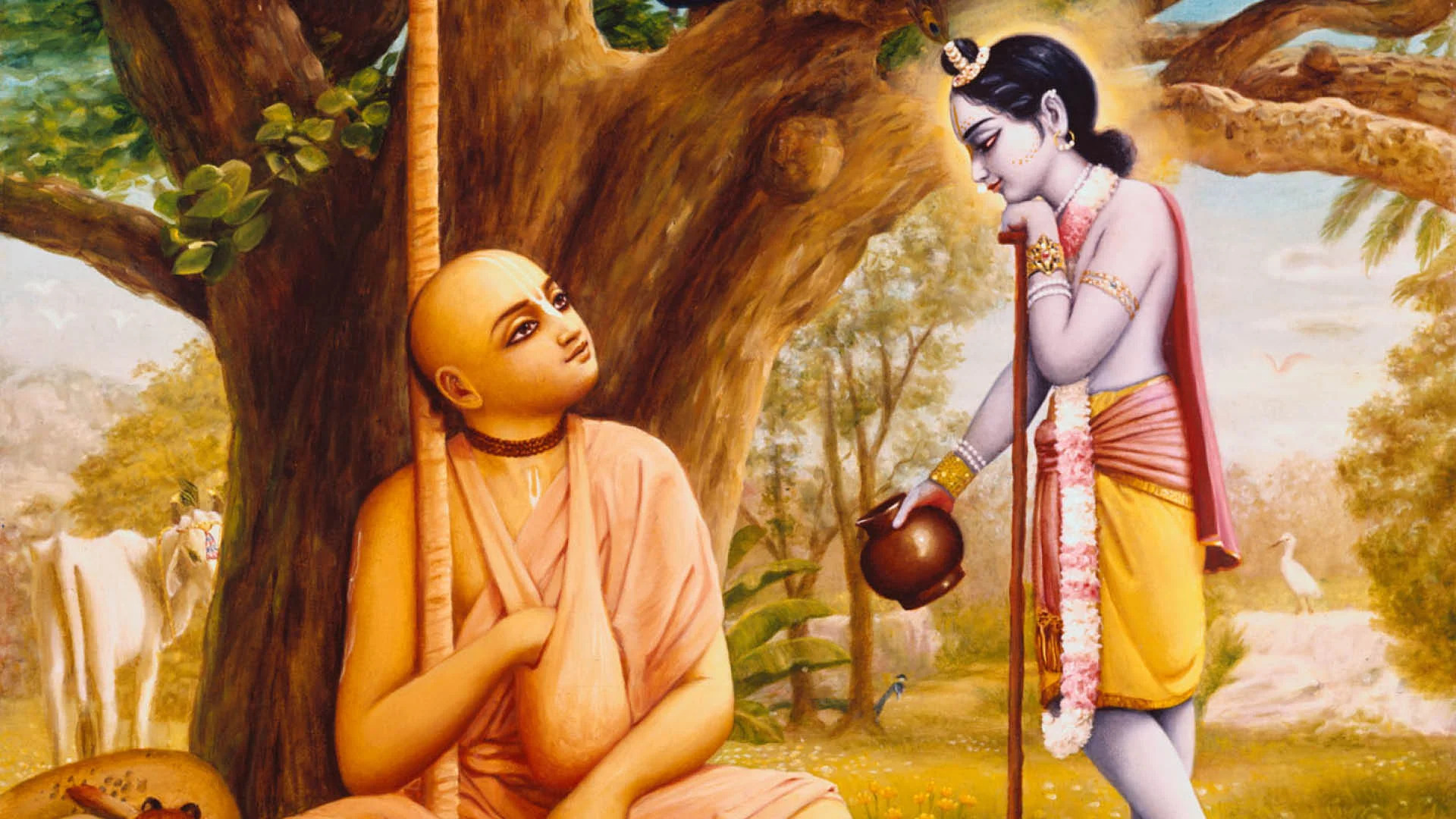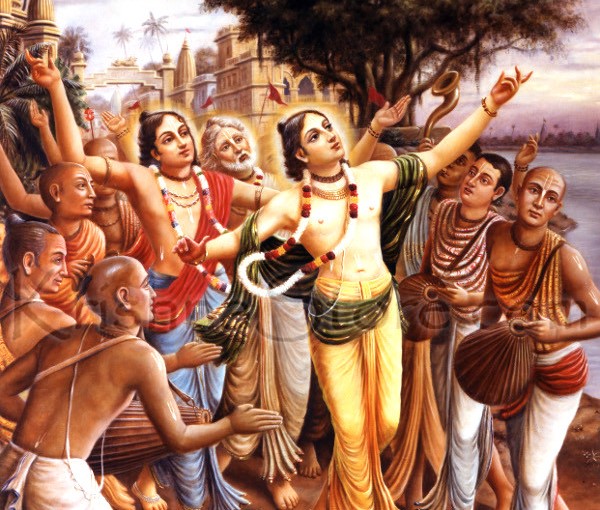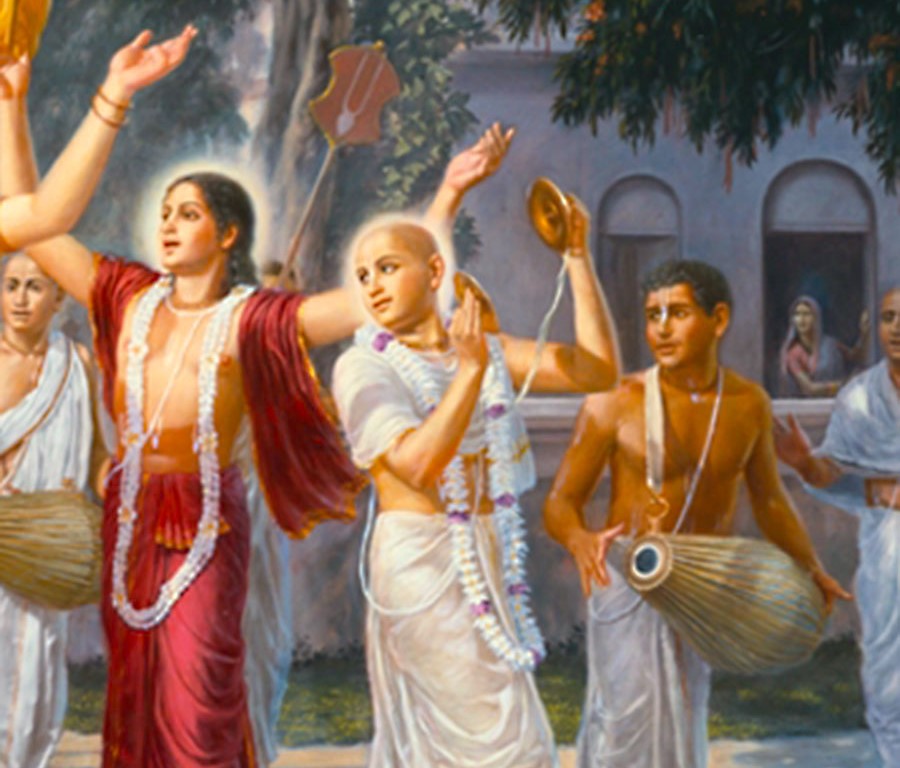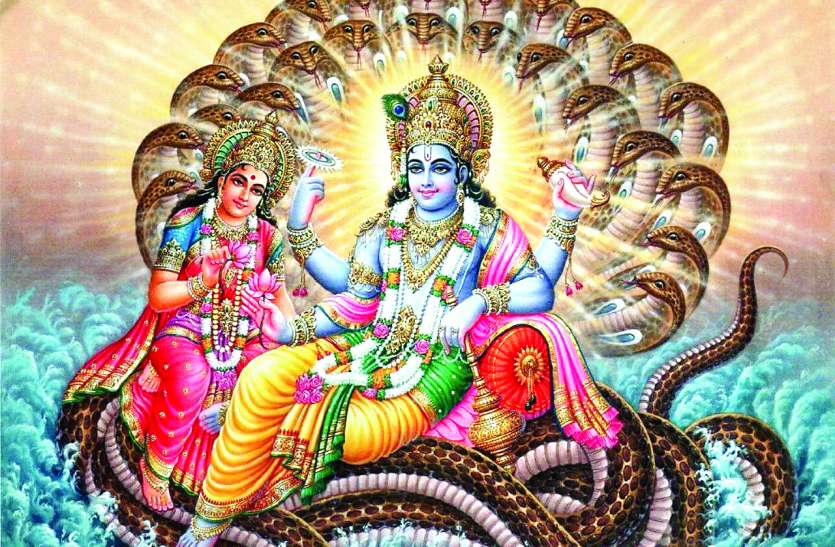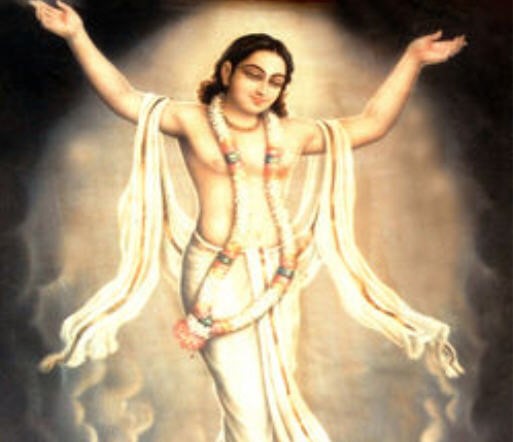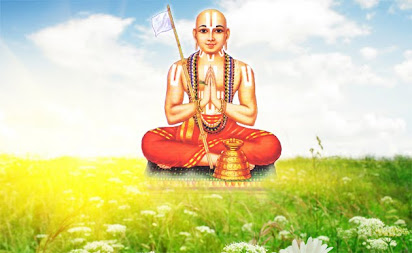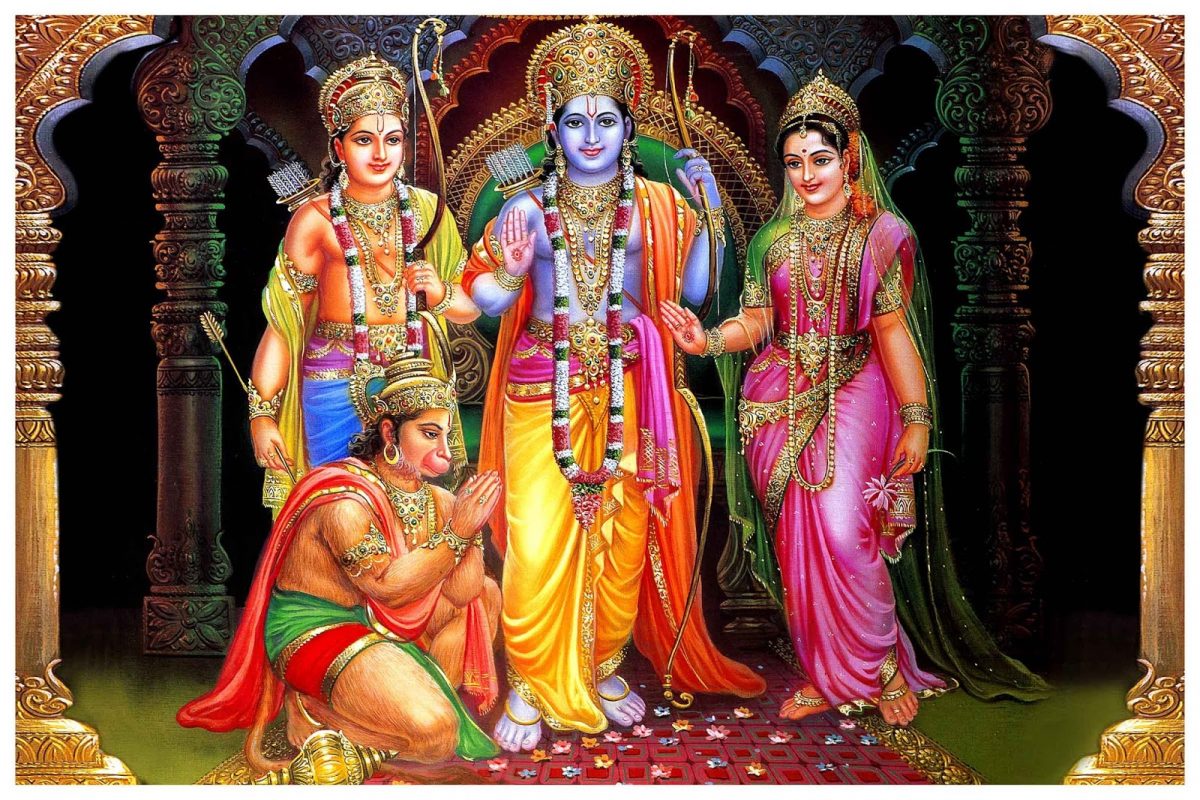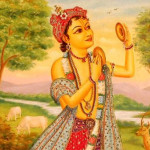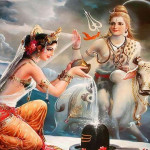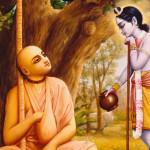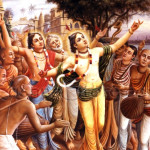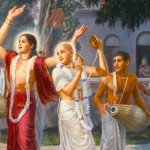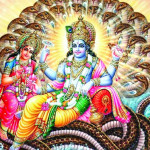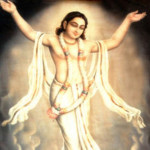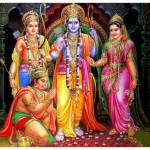Who wrote Vedas and when were they written?
Scriptures of the world are divided into two categories, those that are directly given by the Lord and those compiled by holy men. In order to be authoritative, the compositions of holy men need to comply with the original text directly given by the Lord. In case there are no references, such statements are rejected; because every human being is subject to four defects: (1) to commit mistakes, (2) to be illusioned, (3) the tendency to cheat others and (4) limited imperfect senses. Christianity, Islam and Vedic literature all exhibit these two divisions of scriptures.
Vedic literature are similarly divided into Sruti and Smriti. Scriptures that are directly given by God are called sruti. After hearing this knowledge, the sages wrote their realizations by giving reference to sruti. This is called smrti. The Vedas were originally spoken by the Supreme Lord Himself to Brahma, the first living being in the material universe, from within his heart.
As Vedic knowledge is called Sruti it indicates that it is learned by aural reception. Therefore the Vedic knowledge has to be received from higher authorities by hearing (sravanam). In previous ages, people were very intelligent. Their memories were extremely sharp. Just by hearing once from a spiritual master, disciples could remember everything. Therefore, there was no necessity for keeping the Vedas in written form during those ages However, Srila Vyasadeva could see beforehand that people in this present age of Kali, the age of quarrel and misunderstanding, situated amidst the disturbing noise of science and technology, would be much less intelligent, possessing extremely short memories. Therefore about 5,000 years ago he compiled the Vedas in written form for the benefit of all inquisitive souls of this present age. He left all the Vedic knowledge in the form of books, such as Puranas, Vedanta, Mahabharata, and Srimad-Bhagavatam.
Veda actually means knowledge, and Vedanta means the end of knowledge, which is to know the Supreme Personality of Godhead, Lord Sri Krishna. Bhagavad-gita is the essence of all Vedic knowledge. It was spoken by the Supreme Lord, Sri Krishna Himself, to His intimate friend and disciple Arjuna. Srimad-Bhagavatam is the ripened fruit of all the Vedic literature. It is the summum bonum of life, Lord Sri Krishna personified. It describes the unlimited transcendental qualities of the Lord.
Source: A.C. Bhaktivedanta Swami Prabhupada (2012 edition), “The Scientific Basis of Krishna Consciousness”, Page 43
A.C. Bhaktivedanta Swami Prabhupada (2011 edition), “The Nector of Devotion”, Page 51
Rasamandala das (2014 edition), “Islam and the Vedas – Lost Harmony”, Page 111, 112 & 114

